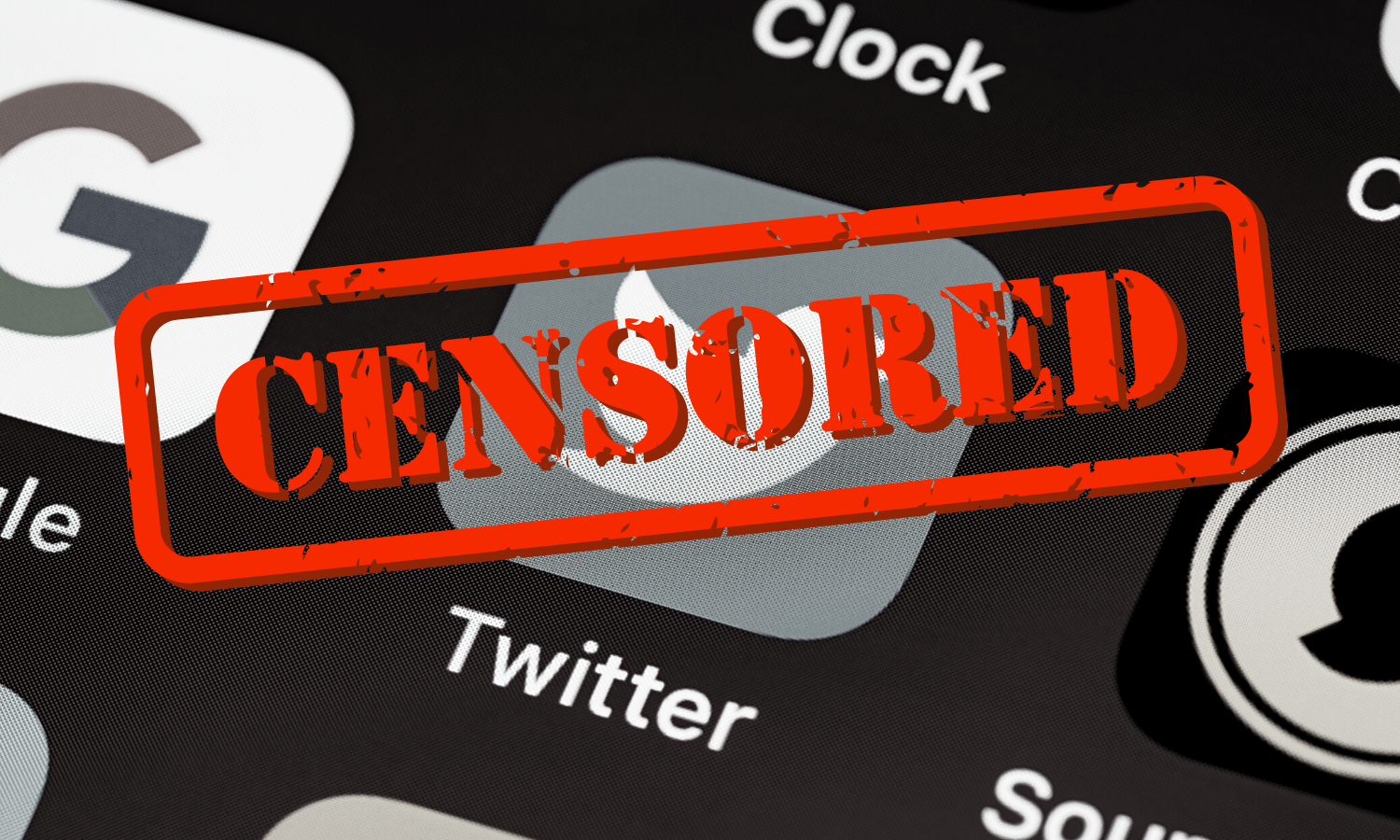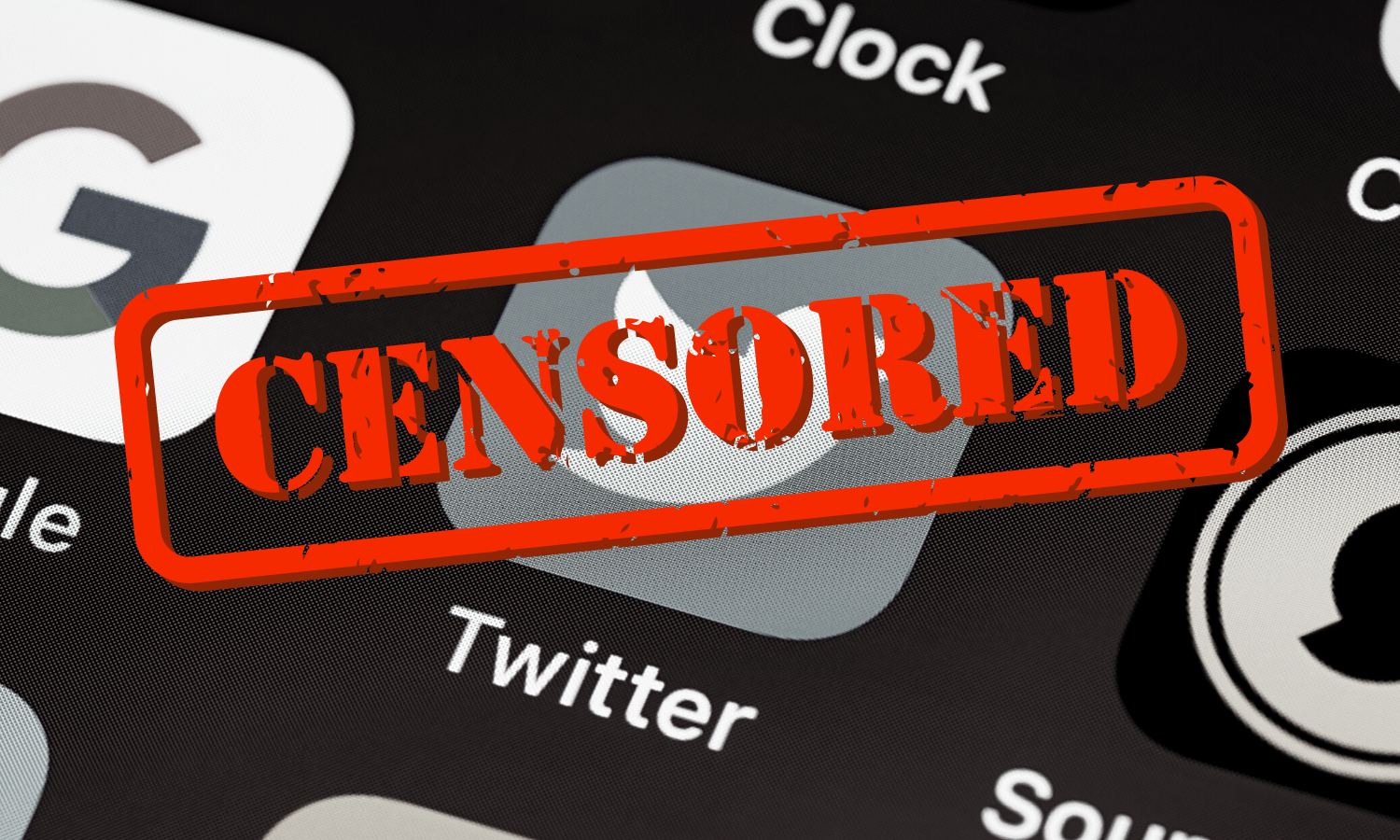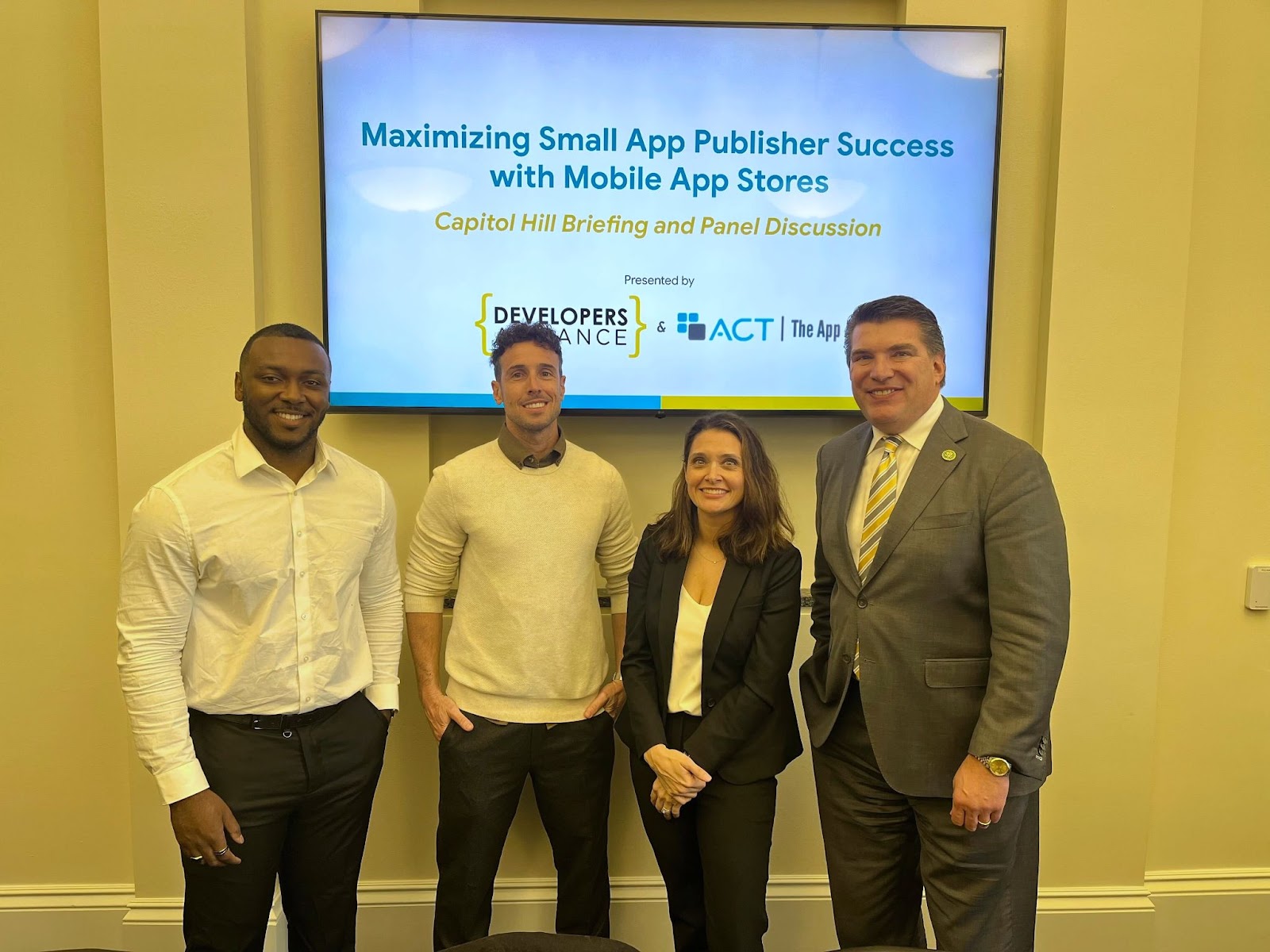Free Speech isn’t free from consequences.
The violent clash at the U.S. Capitol last week was a heinous act that every American repudiates, no matter where they stand politically. As the consequences of that day continue to ripple through our democracy, Big Tech has found itself playing a central role by refusing to amplify those voices now deemed too dangerous to carry.
Needless to say, this has pissed-off a few important people and alarmed many, many more.
While “Big Tech” is not the core constituency we advocate for, the biggest firms in our sector are partners for many of you. As we all know, the coming wave of government regulation will impact all of our businesses and the ecosystem as we know it. Developers are going to get caught in the crossfire, either from the government or from big platforms (as Parler is now experiencing). I think it’s worth separating some of the facts from the politics soon to come.
Who has the right to free speech?
In the U.S., free speech is a right that the government owes the American people: it’s not a right that individual Americans owe each other (though we should all try to listen more and speak less). For the most part, corporations, associations, media companies, and even political parties are made up of individuals and have no obligations to listen to anyone or to allow them to speak in venues they own. The paper doesn’t need to publish your letter to the editor if they don’t want to. You don’t have the right to yell “FIRE” in a crowded theater. If you do, however, and there’s nothing burning, you may be punished for it. But the government (for the most part) can’t stop you from speaking.
So how did Twitter, Apple, Google, Amazon, and all the rest justify shutting down accounts and dropping apps from their platforms? Regardless of whether they *should* have, they’re independent actors with no obligation to host — or to amplify — anyone’s voice. They have a contractual arrangement with their users (terms of service, etc.) that defines what users can and can’t say and do. Some accounts were deemed to have violated these terms (and they can sue if they feel they didn’t) and thus lost the privilege of their accounts. The terms are the same for both commoners and kings (though they get interpreted with a little less rigor for some, it seems). Big Tech was well within its rights.
Was it fair? Or alternatively, is it appropriate for a few big companies to act this way? There is a growing sense in both Europe and the U.S. that people have become reliant on some of these big services – far more reliant than the terms of service might suggest is prudent. Just because you make your living as a reality TV star doesn’t mean the network *must* broadcast everything you blurt out. In fact, there’s a second layer of censorship in broadcast media, since government regulations force-filter content that violates democratically agreed on social norms.
Bottom line: No one owes you a soapbox, no one is obligated to listen to what you have to say, and what you choose to say in public may have consequences you don’t like.
Is the internet community property, and if not, who owns what?
Unlike roads and bridges, the internet is largely privately owned today. Some of that infrastructure is regulated (as is prudent, since the government relies on basic communications in times of strife), but most of the services beyond basic voice are not. Essentially everyone that owns a computer or a network box has this informal agreement that others can interconnect with them, and an industry has built up to connect the bits and pieces. Defining the technical bits is still largely a grassroots endeavor.
So can you or the government force the “internet” to carry your service or treat you fairly? Again, the whole thing is ruled by contractual agreements and terms of service. If the contract says they must, you can sue if they don’t. Services that “must” cost a lot more than services that “may”, so you might not have paid for the premium version. That said, you’re free to build your own internet and put your own rules in place, so there’s that.
Bottom line: The internet is not a right, and neither are the services people are running on it.
So who’s to blame, and what should be done to fix this?
You might believe that “no private company should have the right to censor my free speech.” Alternatively, you might feel that “Big Tech is to blame for letting misinformation, hate, and violence spread online,” which is of course a lack of censorship. You might also believe that “a few big companies have a stranglehold over the internet,” or that “government should control the internet, not private companies”, but of course no single government owns the internet (let alone agrees on the rules) and, despite the freedom to do so, no one is stepping up to add alternate routes alongside the digital highway.
The fact is that we all depend on the internet in many areas of our daily lives. It is more than a convenience, but many of us can remember getting by without it, so we’re unsure whether it’s truly indispensable or not. Before 2016, politicians managed to communicate with their constituents, and if something they said or did was “newsworthy”, many people outside their constituency would learn about it. Gossip and news were easily differentiated because they came from different sources. Misinformation was limited because sources were known. Organizing a coup, for example, was a big challenge, and the risk of getting caught doing it was higher the larger the network became.
In the weeks and months to come, those that feel their voices are being censored will call for governments to restrict the freedom of Big Tech to take those actions. At the same time, those that feel there are damaging voices being amplified will call for governments to restrict the freedom of Big Tech to carry messages they disapprove of. The call will go out to replace private censorship with public censorship, or in the alternative to make censorship “mistakes” punishable. This is the exact reason Big Tech has been asking Congress repeatedly for guidance on how they should appropriately moderate user content in a way that everyone could deem fair. What we have in place today (private companies dictating their terms of service and markets adjusting accordingly) is probably as close as we can get to a common set of speech norms, which is of course the heart of the problem.
The attack on the U.S. Capitol, and the resulting crackdown on violent speech on major internet platforms, is arguably a healthy maturing of a technology that is probably just entering puberty. Like a teenager experimenting with responsibility, Big Tech did what it thought was best to limit the harms it felt it could prevent. In lieu of societal agreement on the rules that should be applied, tech has long tried to set up rules that most people could support.
Whether there is a better process to define broad international norms online is yet to be seen. In the months ahead the EU will attempt to define these norms based on European values, and impose them unilaterally on any tech firm whose traffic crosses their shores. Simultaneously, the U.S. is likely to articulate different standards, leaving those that populate the internet in a bind: break U.
S. law, or EU law, or abandon one market in favor of the other. Like the Great Firewall, the Atlantic Firewall is already being regulated into existence.
For the developer community, now is the time to add your voice to the discussions taking place on the internet’s future. Whether you’d prefer trading tech autonomy for government influence, or whether you’d prefer an internet-driven solution that transcends borders; if you don’t get engaged in the next 6 months, your opinions will be lost. With a pandemic raging, and with political and economic unrest on the rise, it is likely that decisions may be made in a hurry and with little debate and reflection.
We’d like to hear from you, and we’re always eager to answer questions. Here’s some to start the conversation:
-
Google, Apple, and Microsoft define the OS ecosystem. Do we need more, and how do we as developers influence their evolution?
-
What is it about the online culture that brings out both our best and our worst? Are there things we can do at the infrastructure and ecosystem level that would amplify the one and muffle the other?
-
With government, control growing, and regional laws diverging, what can we do now to accommodate or mitigate the growing fragmentation of the “global” internet?
As always, thanks for all you do for the world.






